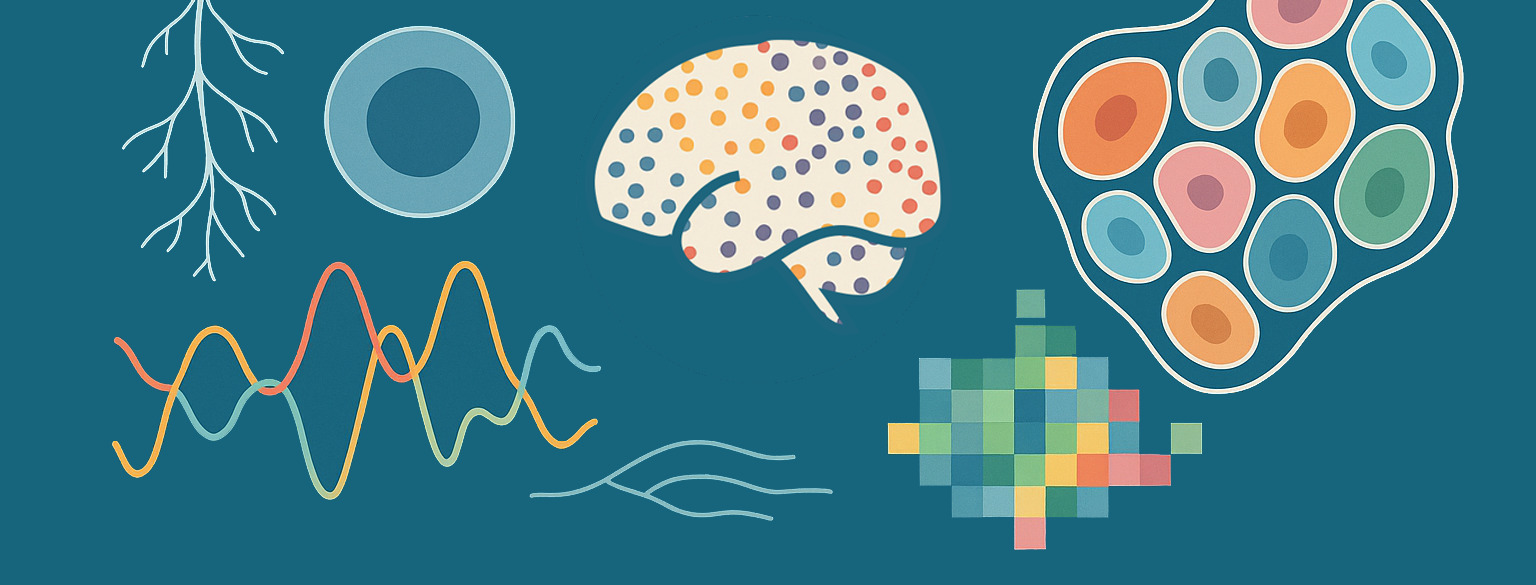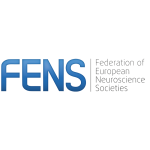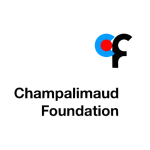Course overview
The field of neuroscience is undergoing a revolutionary transformation through the integration of cutting-edge genomic technologies with traditional neurobiological approaches. Single-cell and spatial genomics are unveiling unprecedented molecular insights into nervous system development, function, and disease, fundamentally changing our understanding of neural circuits and brain organization.
This intensive three-week course provides comprehensive hands-on training in state-of-the-art “neuromics” technologies, combining theoretical foundations with practical experience in single-cell genomics, spatial transcriptomics, and multi-omics approaches specifically applied to the nervous system. Participants will gain expertise in experimental design, data generation, computational analysis, and biological interpretation of high-throughput genomic datasets from neural tissues.
The course integrates lectures from world-leading scientists with intensive laboratory work, enabling participants to master both experimental protocols and computational pipelines essential for modern neuroscience research. Through collaborative projects, students will explore applications ranging from neural development and cell type identification to disease mechanisms and therapeutic targets.
Course directors

Gioele La Manno
Brain Mind Institute, School of Life Sciences, École Polytechnique Fédérale de Lausanne, Switzerland

Hannah Hochgerner
Department of Biotechnology and Food Engineering, Technion – Israel Institute of Technology, Haifa, Israel

Alexandre Favereaux
Interdisciplinary Institute for Neuroscience (IINS), CNRS, Université de Bordeaux, France
Invited Speakers
Xiaoyin Chen (Allen Brain Institute, USA)
Aparna Badhuri (UCSF, USA)
Goncalo Castelo Branco (Karolinska Institute, Sweden)
Emma Andersson (Karolinska Institute, Sweden)
Lora Sweeney (IST, Austria)
Naomi Habib (Hebrew University, Israel)
Instructors
Experimental:
Marek Bartosovic (Stockholm University)
Hsiu-Chuan Lin (CRG, Barcelona)
Mykhailo Batiuk (EPFL, Switzerland)
Sarah Stucchi (Human Technopole, Milano)
Ann Bright (MPI for Biological Intelligence)
Natalia Ochocka (ICTER, Poland)
Danny Kitsberg (Hebrew University, Jerusalem)
Chika Yokota (SciLifeLab, Stockholm)
Computational:
Camiel Mannens (KU Leuven)
Alex Lederer (EPFL, Switzerland)
Luca Fusar Bassini (EPFL, Switzerland)
Sergio Marco Salas (Helmholtz, Munich)
Dominik Szabo (MDC, Berlin)
Alan Teo (EPFL, Switzerland)
Marius Lange (ETH, Switzerland)
Andrian Yang (University of Cambridge, UK)
Target Audience: This course is designed for graduate students and postdoctoral fellows from diverse backgrounds including neuroscience, computational biology, and related fields. Participants should have basic knowledge of molecular biology and basic familiarity with programming for computational components. The course welcomes researchers from both experimental and computational backgrounds seeking to integrate new omics approaches into their neurobiology research.
Course Content and Techniques
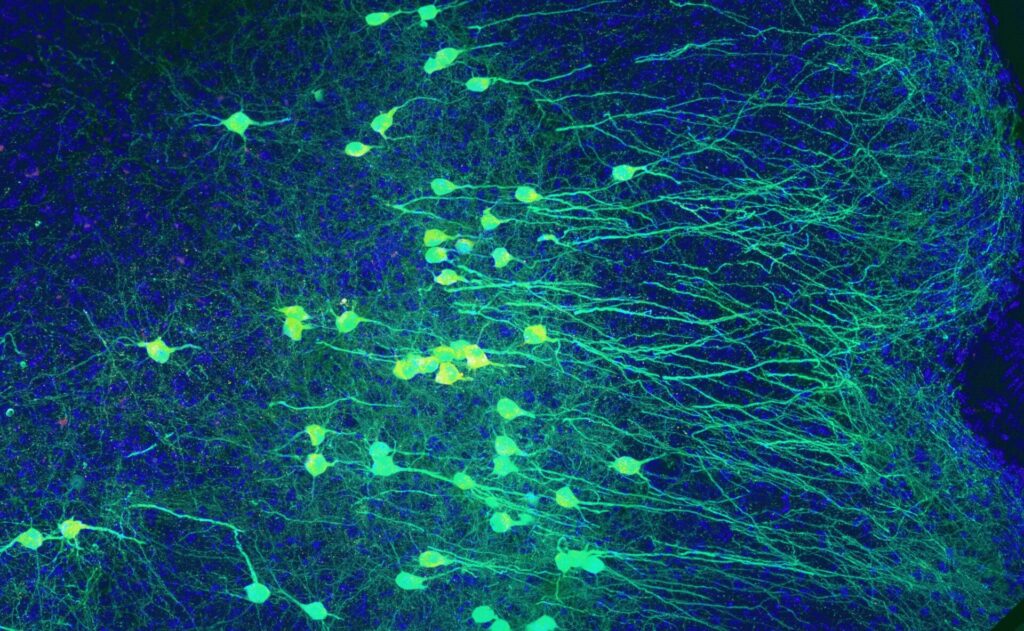
Experimental Approaches
• Single-cell and single-nucleus RNA sequencing
• Spatial transcriptomics
• Single-cell epigenomics
• Multi-omics integration
• Sample preparation techniques for nervous system tissues
• Quality control and experimental optimization
Computational Analysis
• Single-cell data preprocessing and quality control
• Cell type identification and characterization
• Trajectory analysis and pseudotime reconstruction
• Spatial data analysis and tissue organization mapping
• Multi-omics data integration strategies
• Machine learning applications in single-cell genomics
• Visualization and interpretation of high-dimensional datasets
Applications in Neuroscience
• Neural development and differentiation trajectories
• Adult brain cell type taxonomy and function
• Disease mechanisms and biomarker discovery
• Comparative neuroscience across species
• Stem cell-based neural models and organoids
• Therapeutic target identification
Learning Objectives
Upon completion of this course, participants will be able to:
• Design and execute single-cell and spatial genomics experiments for neural tissues
• Apply appropriate computational methods for analyzing complex genomic datasets
• Integrate multi-modal data to address biological questions in neuroscience
• Critically evaluate and interpret results from high-throughput genomic studies
• Implement best practices for data management, reproducibility, and sharing
• Translate genomic findings into testable hypotheses for further research
Course Structure
The course combines keynote lectures from renowned experts in neuromics, hands-on laboratory sessions using cutting-edge technologies, computational workshops with real datasets, and collaborative group projects. Participants will work in small teams on mini-projects that integrate experimental and computational components, culminating in presentations of their findings. Journal clubs and expert panels will provide opportunities for scientific discussion and career development.
This comprehensive training program equips the next generation of neuroscientists with essential skills for leveraging genomic technologies to advance our understanding of the nervous system in health and disease.
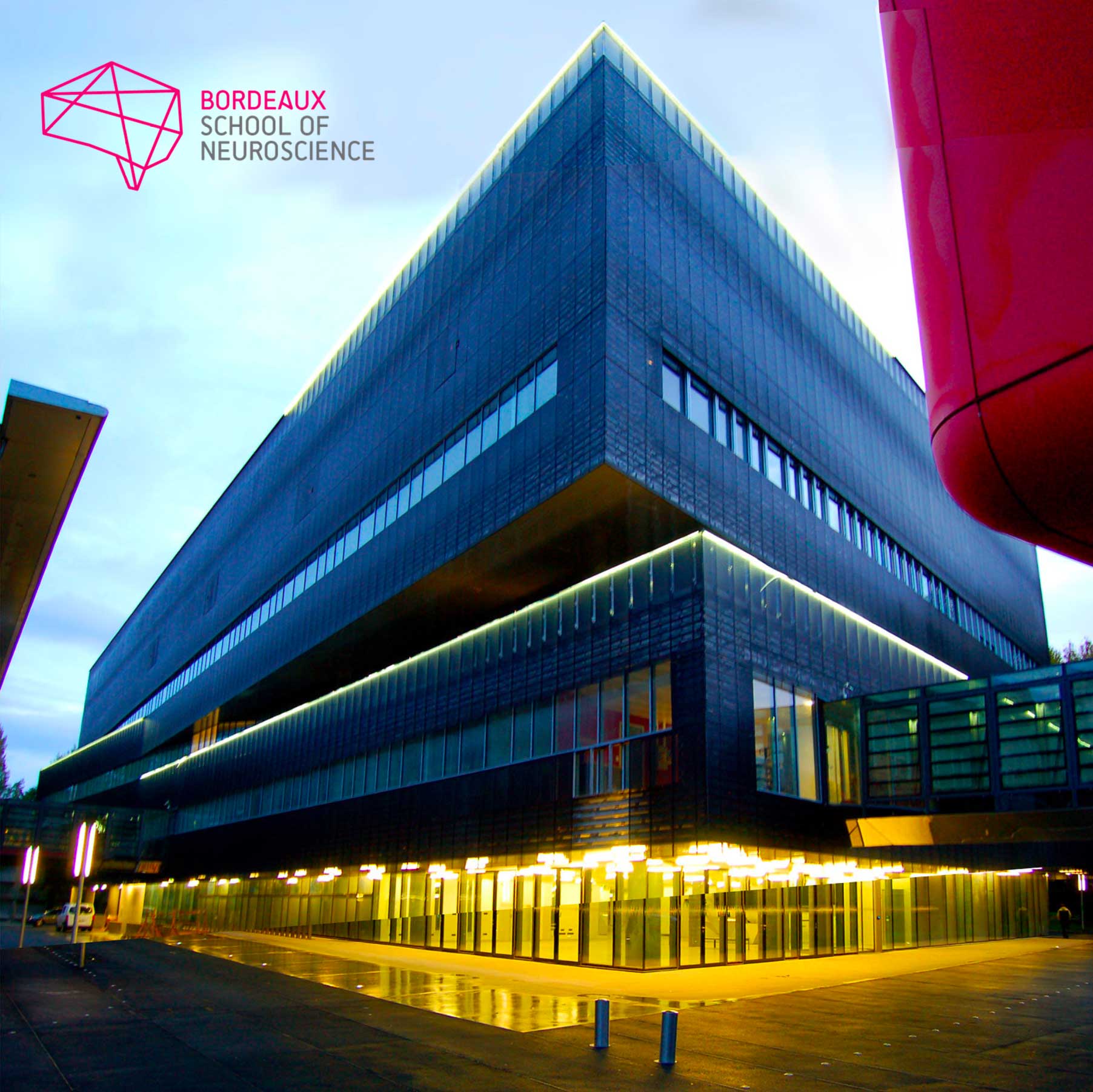
Bordeaux School of Neuroscience, France
The Bordeaux School of Neuroscience is part of Bordeaux Neurocampus, the Neuroscience Department of the University of Bordeaux. Christophe Mulle, its current director, founded it in 2015. Throughout the year, renowned scientists, promising young researchers and many students from any geographical horizon come to the School.
The school works on this principle: training in neuroscience research through experimental practice, within the framework of a real research laboratory.
Facilities
Their dedicated laboratory (500m2), available for about 20 trainees, is equipped with a wet lab, an in vitro and in vivo electrophysiology room, IT facilities, a standard cellular imaging room, an animal facility equipped for behavior studies and surgery and catering/meeting spaces. They also have access to high-level core facilities within the University of Bordeaux. They offer their services to international training teams who wish to organize courses in all fields of neuroscience thanks to a dedicated staff for the full logistics (travels, accommodation, on-site catering, social events) and administration and 2 scientific managers in support of the experimentation.
Registration
Fee : 4.500 € (includes tuition fee, accommodation and meals)
Applications are open until 25 February 2026!

